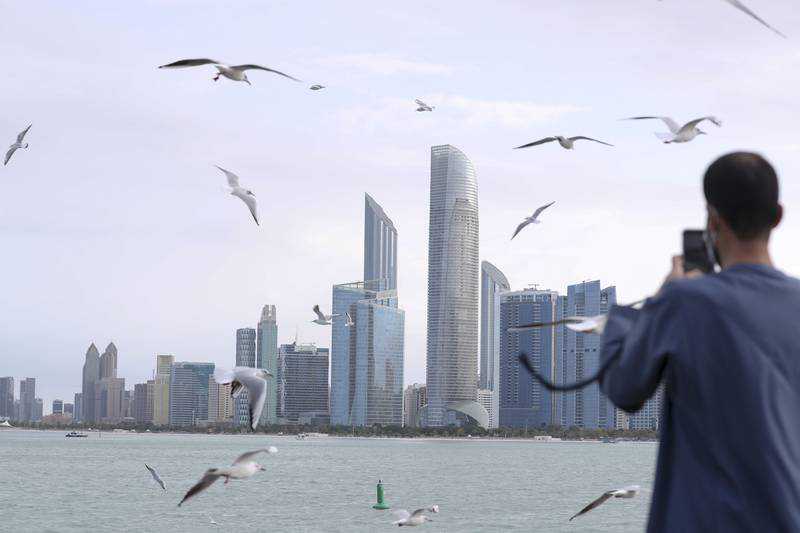GCC economies set to grow at fastest pace in a decade on higher oil prices

GCC economies are expected to grow at their fastest pace in more than a decade, beating emerging market peers this year, as higher oil prices boost their recovery from the coronavirus-induced slowdown.Gross domestic product in the six-member economic bloc will expand by 6.1 per cent in 2022 as rising oil production and robust non-oil sector activity add to the economic momentum, MUFG said in a report on Wednesday.
Stronger sovereign balance sheets and easing geopolitical tension are also driving a “compelling GCC story in 2022”. The unabated push by Gulf states to achieve a “structural transformation away from hydrocarbons” will continue to gain traction this year, the Tokyo-based bank said.
“The GCC 2022 outlook is markedly skewed to the upside this year. The robust vaccination programme, ongoing reopenings [of economies] and higher oil prices, as well as production, [are] spurring a real GDP growth forward in the region,” said Ehsan Khoman, director of emerging markets research for Europe, the Middle East and Africa at MUFG Bank.
“Following several years of having fiscal deficits, the GCC will rebuild its buffers in 2022. Higher government revenues and the rationalisation of expenditure in 2022 budgets will strengthen the countries’ balance sheets and offer greater fiscal capacity to navigate towards a post-pandemic equilibrium.”
The MUFG forecast is more bullish than Emirates NBD’s projections. Dubai’s biggest lender by assets said earlier this month that it expects Gulf economies to grow 5.1 per cent on average in 2022, after rebounding to 2.3 per cent in 2021 from a 4.9 per cent contraction in the previous year when the pandemic began.
The recovery gained momentum in the second half of 2021 as travel restrictions were eased, tourism rebounded and domestic demand strengthened, Emirates NBD chief economist and head of research Khatija Haque said at the time. The aggregate GCC fiscal surplus in 2022 is expected to reach $27 billion, the first fiscal surplus since 2014, according to MUFG.
The surge in oil prices and austerity measures have also supported sovereign balance sheets, with the GCC’s financing needs remaining limited at only $2.8bn in 2022, and its debt capital market needs at only $4.8bn.